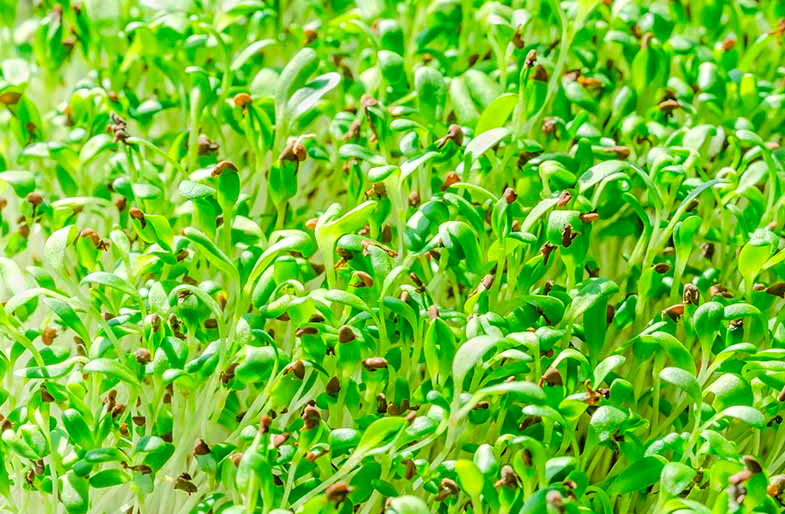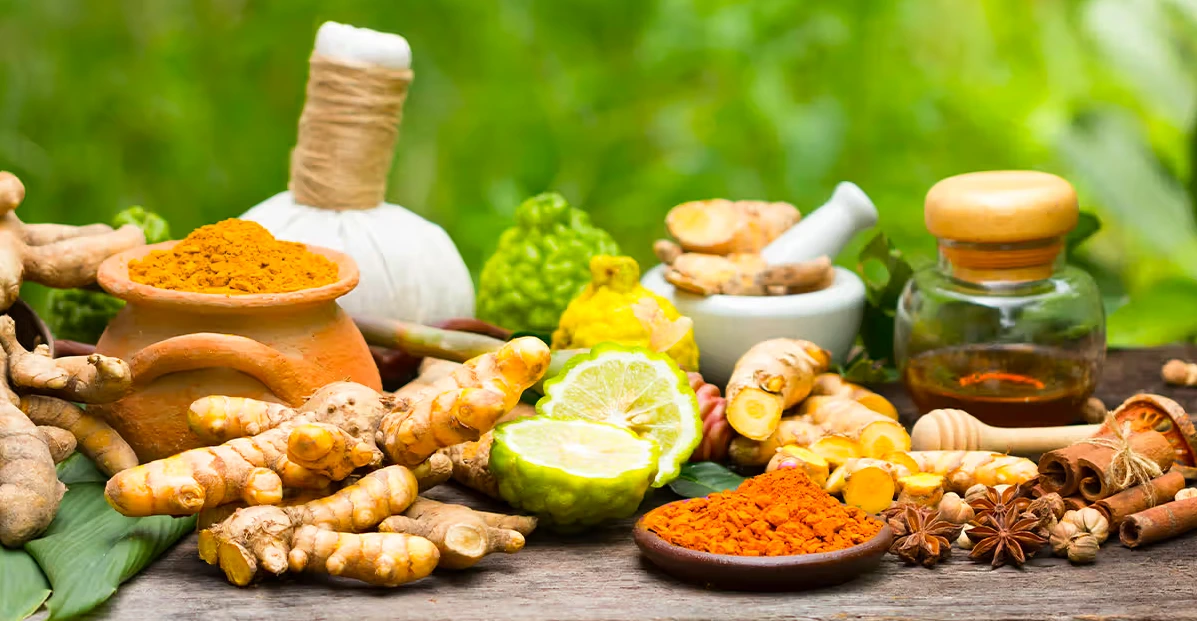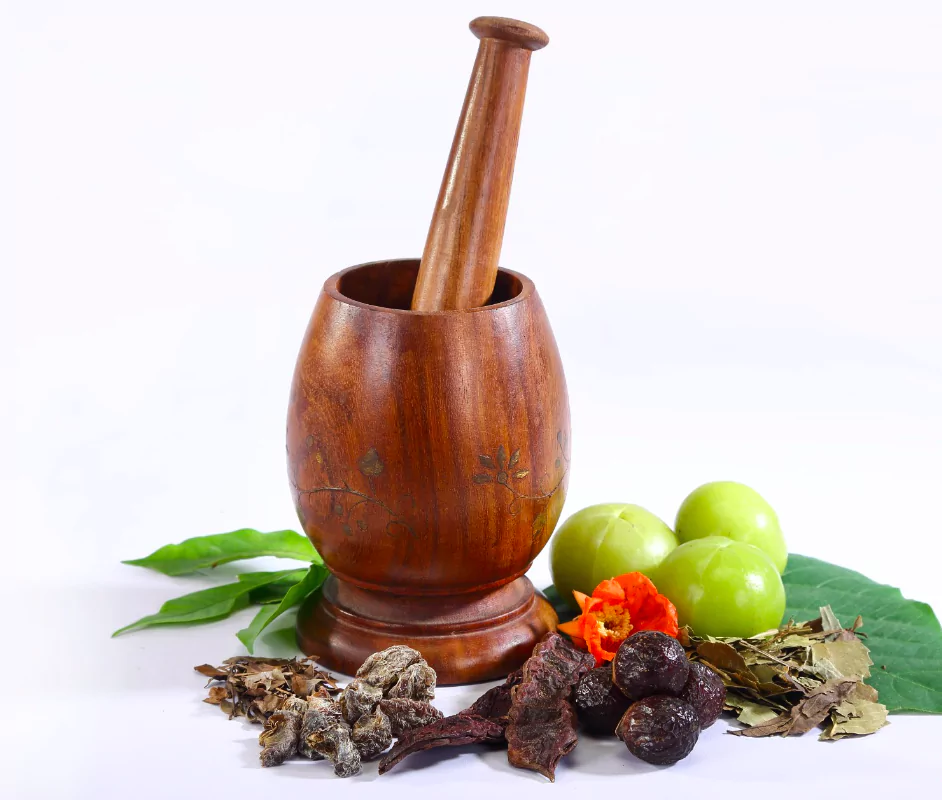Numerous medications are made from the Alfalfa herb’s leaves, sprouts, and seeds.
Studies show alfalfa tonic’s homoeopathic ingredients are productive. Because it is a natural source of important amino acids, vitamins, minerals, and other nutrients, it supports both physical and mental health.
This tonic is especially useful for children. Because they don’t have a strong immune system and eat poorly, they are more likely to suffer from problems like diarrhoea, malnutrition, and a lack of appetite. It works incredibly well in these circumstances and gives your child the power to fight the illness and recover from it.
Use Alfalfa in foods
You can make salads and sandwiches with alfalfa plant sprouts.
Since Alfalfa seeds have a high concentration of the toxic amino acid canavanine, they should not be consumed raw. You can make a herbal tea with the flowers and leaves of the plant. It is a well-known herb for detoxifying.
A paste made from Alfalfa seeds is an excellent treatment for boils and insect bites.

Health Benefits Of Alfalfa Tonic
1. Improves Stamina
It is recommended for neurasthenia, nervousness, and insomnia in particular after some exhausting or incapacitating illnesses because it increases stamina. It corrects the tissue waste removal process and functions as a fat producer. It lessens weakness and supports the brain and nervous system.
2. Improve Digestion
Alfalfa improves digestion, which in turn lessens abdominal bloating and the associated flatulence and pain. It reduces the feeling of exhaustion brought on by the loss of important fluids and appetite. Alfalfa boosts appetite and digestion while offering nutrition. Digestion issues can be effectively treated with Alfalfa. For the prevention of indigestion, bloating, gastritis, stomach ulcers, nausea, etc., you can eat alfalfa sprouts or alfalfa tonic. Due to its high fibre content, Alfalfa also helps people who suffer from chronic constipation.
3. Helps To Remove Cramps
It specifically aids in removing cramps and neuralgic pains that persist after illnesses because of a lack of nutrients in the body. for the consequences of nutrient malabsorption-induced chronic anaemia. For people who have weak muscles, are easily tired, and have neck and scalp pain, Alfalfa may be helpful. Following overwork, cramps in the thighs, calves, and soles, it aids in reestablishing the nervous system.
4. Helps To Keep Skin Healthy
By removing the dryness and itching that result from poor nutrition and diseases that cause the body to lose essential fluids, Alfalfa helps to keep the skin healthy and maintains the moisture of skin. Skin conditions can be treated with Alfalfa tonic. Alfalfa’s chlorophyll contains a lot of enzymes and Vitamin A. Skin becomes healthy on the inside and radiant on the outside as a result. Various skincare products that contain alfalfa extract are available. For skin tightening and radiance, you can also use alfalfa powder and alfalfa tablets.
5. Alfalfa supplement for hair growth
Alfalfa contains vitamins B1 and B6, which promote healthy hair growth. Additionally, it makes hair texture better. Alfalfa hair oil contains enzymes that stop balding and hair loss. Proteins promote hair growth, whereas minerals like calcium, zinc, and silica make hair better and stronger.
6. Alfalfa prevents kidney stones
Additionally, Alfalfa protects against kidney stones, gravel, arthrosis, arthritis, oedema, heavy metal poisoning, varicose ulcers, and other conditions. Additionally, it is used to treat symptoms such as low energy, fatigue, nausea, memory loss, less alertness, imbalance thyroid function, brittle nails, split ends, night blindness, and dental issues.
Side-Effects & Allergies of Alfalfa
Long-term consumption of Alfalfa seeds can have negative effects, such as an increase in autoimmune diseases like lupus. Some people’s skin may become extremely sensitive to the sun as a result of Alfalfa. Studies prove that large doses of Alfalfa supplements have been are unsafe to take while pregnant or nursing.
People who have endometriosis, breast cancer, uterine cancer, ovarian cancer, or uterine fibroids should not consume Alfalfa.
The Bottom Line
The herb Alfalfa is beneficial for enhancing appetite and promoting health. By retaining moisture and preventing dryness, it keeps the skin healthy and strengthens our immune system’s ability to fight off infection.
It aids in the recovery of health following incapacitating illnesses like typhoid, tuberculosis, etc. that make the body more brittle and susceptible to infections. Alfalfa enhances mental health while also increasing physical endurance.
Read more: Ayurvedic Medicine For Asthma and Simple Home Remedies
Citations
https://druginfo.nlm.nih.gov/drugportal/sid/az48250000
https://www.feedipedia.org/node/275
https://pubs.acs.org/doi/pdf/10.1021/jf60123a022





